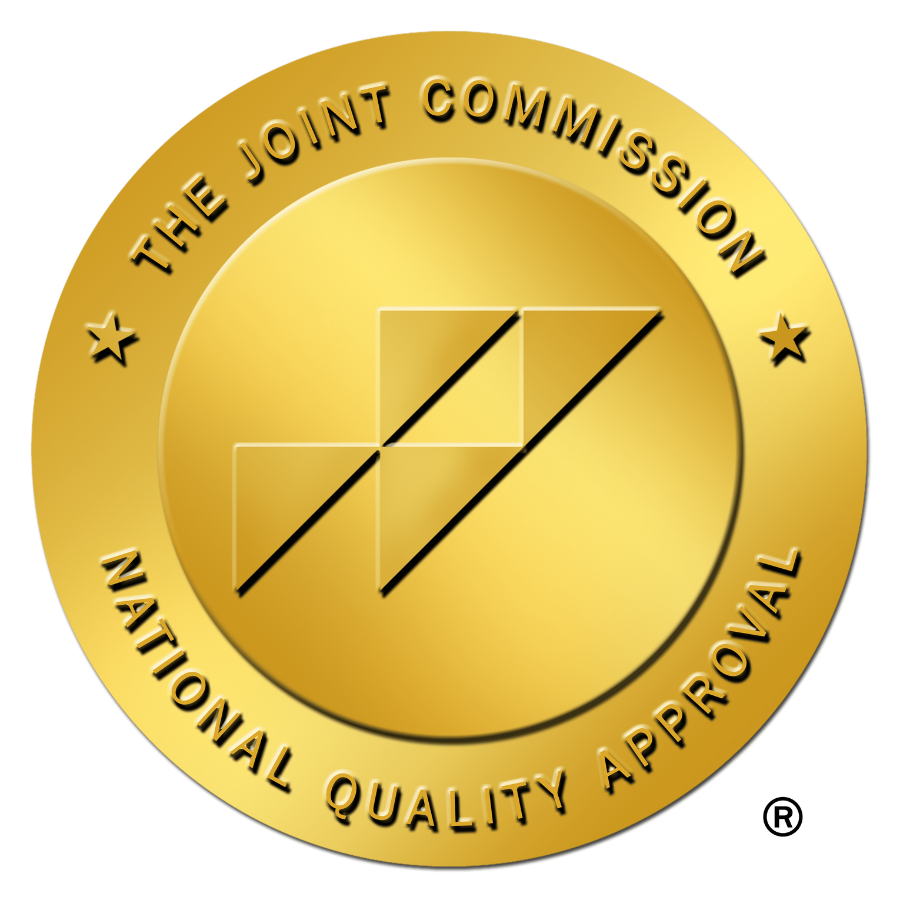Pediatric Wing

Mental Health, Autism, and Learning Differences
Life can be challenging for everyone, but for individuals with autism, developmental disabilities, and learning differences, the path to mental well-being can feel especially complex. Sometimes, mental health conditions like anxiety, depression, or OCD can co-occur with these neurodiversities, creating a labyrinth of needs.
Here at Solstice Southwest, we understand this complexity—we approach treating mental health alongside autism and learning differences, offering a roadmap for navigating this terrain. Every person's experience is unique, so a one-size-fits-all approach simply won't do—we take the time to understand your specific needs, considering your autism or developmental disability, learning differences, and the specific mental health condition you're facing.
No single approach holds all the answers. Our team of mental health professionals works hand-in-hand with therapists trained in autism and developmental disabilities. If you're still in school, we can also collaborate with educators to ensure a comprehensive treatment plan that supports you across all aspects of your life.
Treatment Options
Our approach incorporates a variety of evidence-based therapies that can be adapted to your specific needs.
Here are some examples:
- Cognitive Behavioral Therapy (CBT). This therapy helps you identify and change negative thought patterns that contribute to emotional difficulties. Adapted versions can be particularly helpful for those with autism or developmental disabilities.
- Social Skills Training. This therapy equips you with the skills needed to effectively communicate and interact with others, promoting meaningful relationships.
- Play Therapy. For younger children, play therapy provides a safe space to express emotions, develop coping mechanisms, and work through challenges.
- Family Therapy. Family therapy provides support and strategies for the entire family unit, helping everyone understand and navigate the journey together.
Medication can be a helpful tool. In some cases, medication may be considered as part of the treatment plan. However, it's always used under the careful supervision of a psychiatrist and in conjunction with therapy.
Beyond Therapy. If you're still in school, we can work with your educators to develop accommodations and support strategies in the classroom setting, making learning a more positive experience.
Addressing Sensory Needs. For many individuals with autism or developmental disabilities, sensory sensitivities can be a challenge. We may incorporate strategies to address these sensitivities into your treatment plan.
Effective Communication. We understand that communication styles can vary. Our therapists are skilled in using alternative communication methods if needed to ensure we can effectively understand you and tailor our support accordingly.
Solstice Southwest is a starting point for understanding co-occurring mental health conditions and neurodiversity. We offer a variety of resources, including workshops, support groups, and therapy.
Ages 9 - 13, mental health | RTC and IOP
Ages 14 - 17, mental health, detox and addiction | RTC, PHP, IOP
Ages 18+ mental health, detox and addiction | RTC, PHP, IOP
To help us get to know you better, you may take this short assessment and verify your insurance.
Solstice is dedicated to helping you #ResetAndRise.



